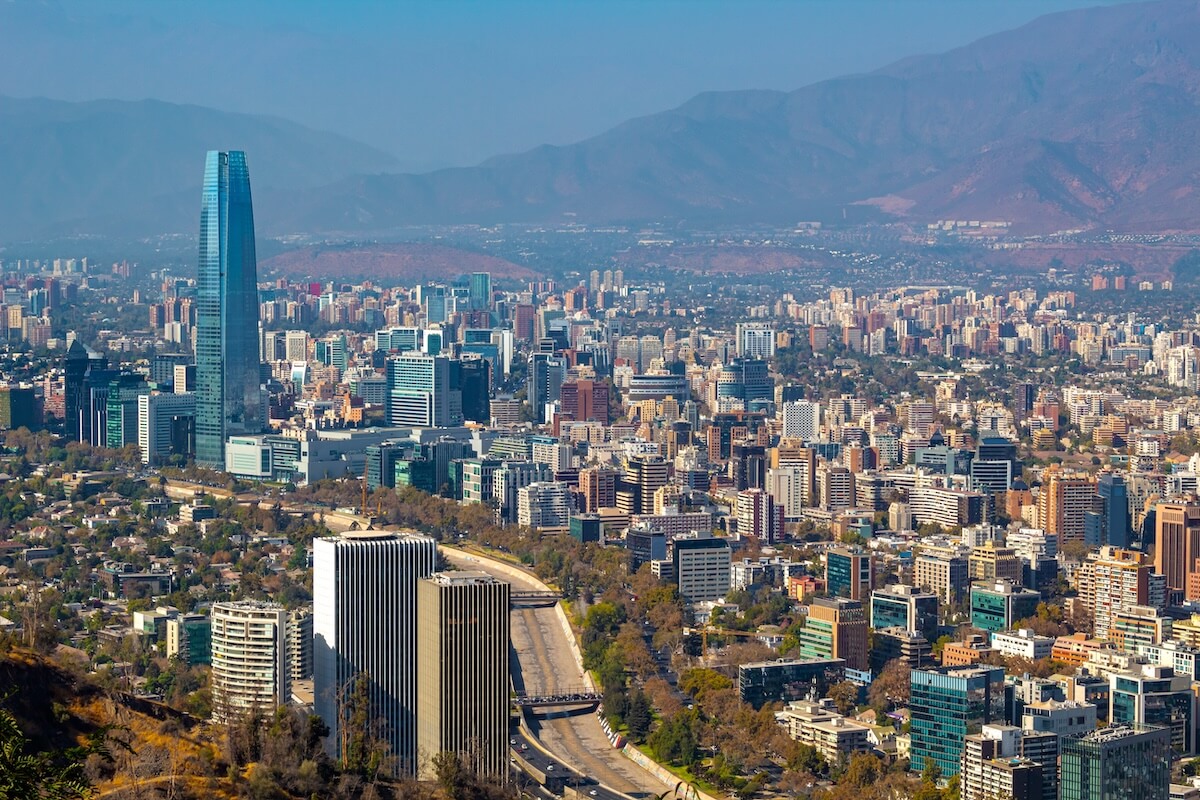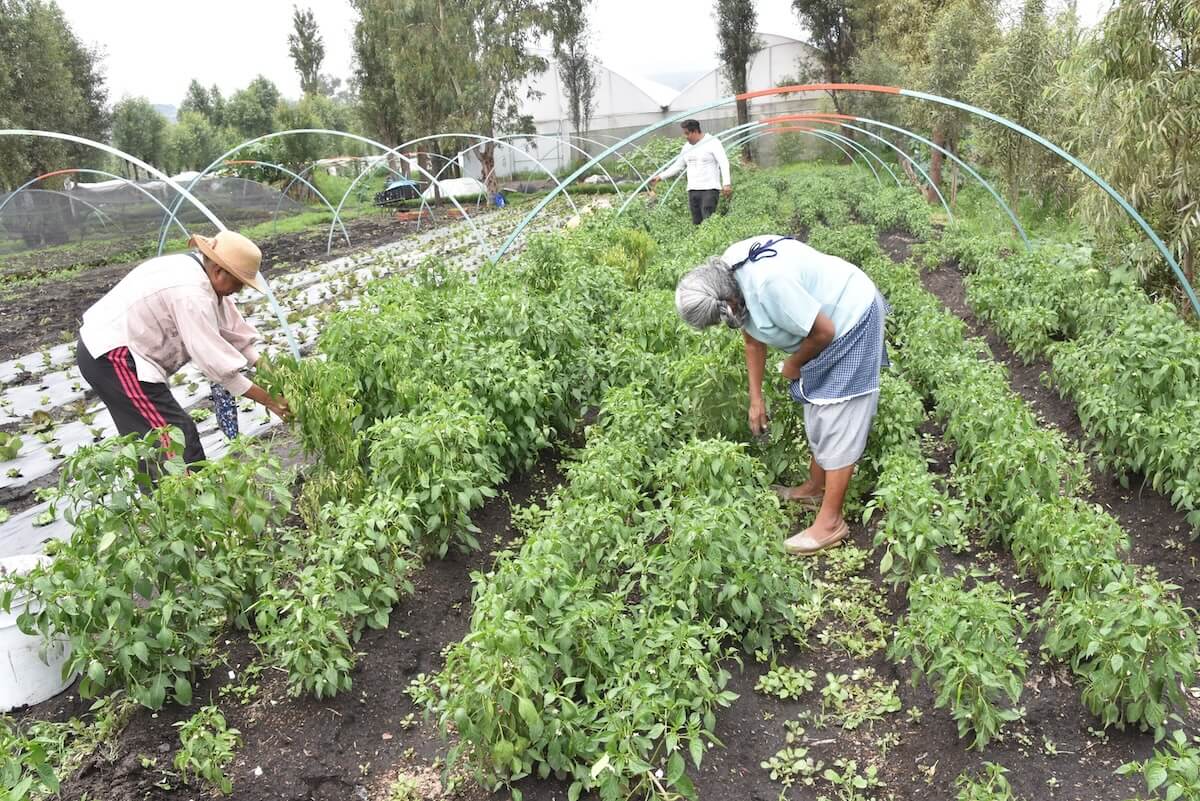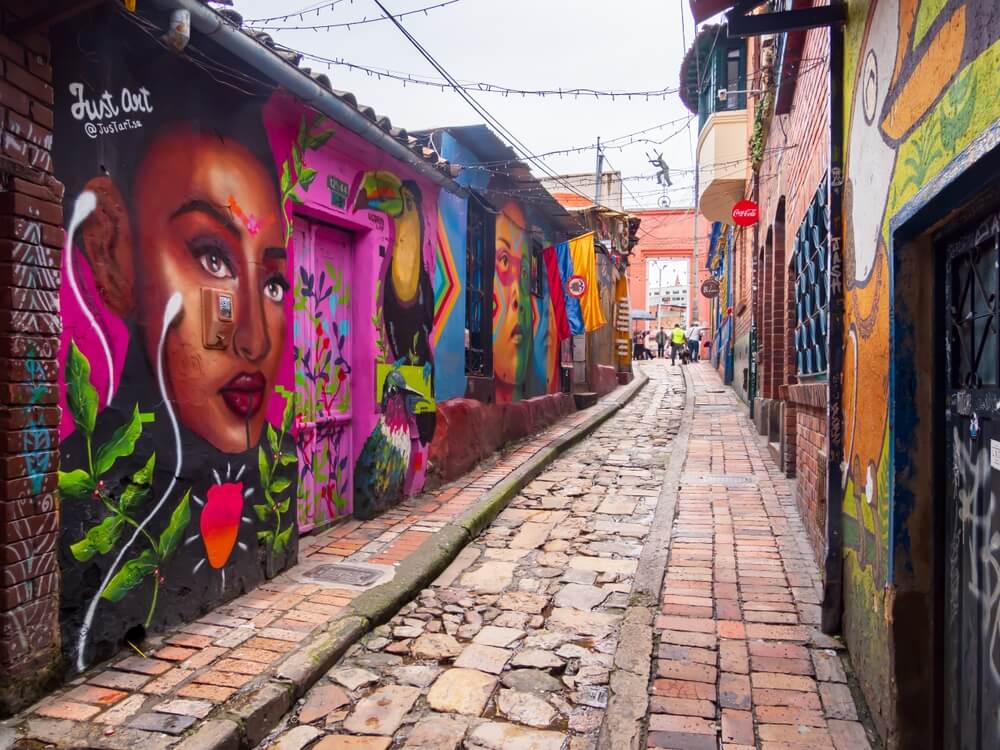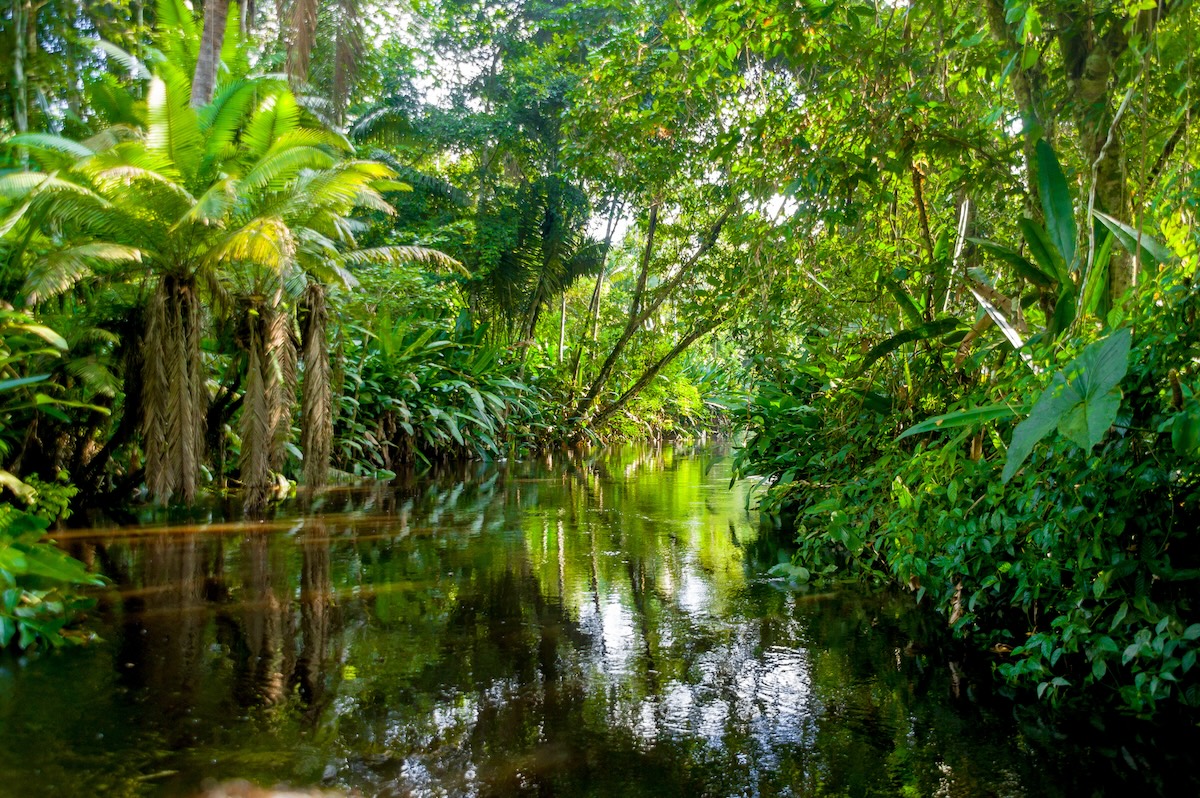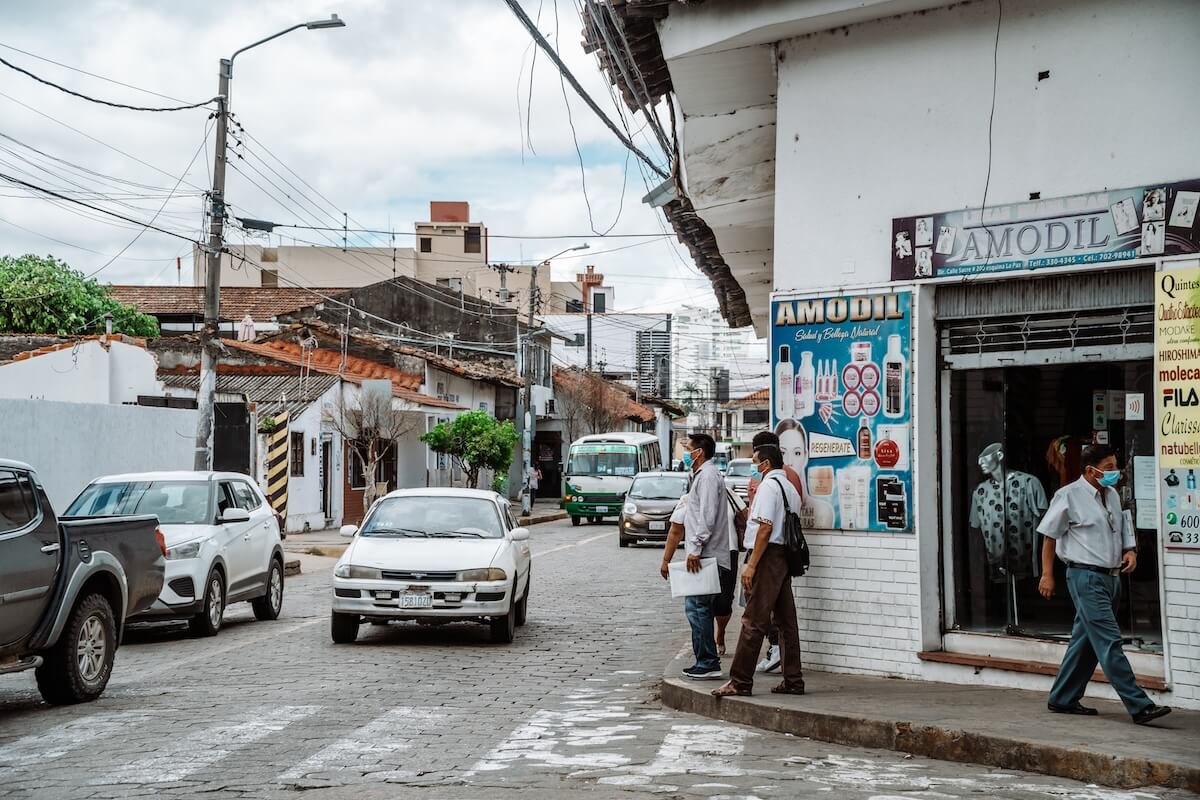Startup culture in Chile is a relatively new emergence. The investors are finding that many of the investment opportunities in the country’s new ventures include an impact lens.
“Many entrepreneurs they do impact, but they are not aware,” observes Andrés Pesce of Kayyak Ventures, one of Chile’s early impact-minded investment firms. Founders are presenting ideas designed around financial inclusion and products and services for underserved communities.
That, in turn, is underpinning a steadily growing ecosystem of impact-minded founders, investors, financial advisors and network builders, even though the term “impact” still doesn’t have wide recognition in the country.
“We say purpose-driven venture capital,” says Pesce. In Pesce’s capacity as a founder of Chile’s national advisory board for impact investing, or NAB, part of the GSG Impact network, he observes that how to “raise the quality of life for millions of people without breaking the planet” is increasingly on investors’ and founders’ minds. “It’s a big space of opportunity, a big market.”
Impact origins
With a population of just 20 million, Chile is one of the wealthiest countries in Latin America based on average economic output per person. Its economy is powered by exports of copper, wine and fruits among other things. It nevertheless faces some of the same social issues that confront rest of the region, such as gender gaps in the labor market and wide inequalities in incomes and opportunities.
To spur innovation and new economic opportunities, the Chilean government in 2010 launched the Start-up Chile accelerator. The program invited entrepreneurs from around the world to set up companies in Chile in return for seed capital, a free work visa and office space.
Over the last decade, Start-up Chile has supported more than 3,000 startups, which have gone on to raise more than $1.2 billion in capital and have racked up sales of more than $1 billion worldwide, including in the US. In 2020, it launched Female Founder Factor, a program to support women-led startups to improve gender balance among applicants.
Also in 2020, Pesce and others helped launch the Chilean chapter of GSG, an organization helping to build impact ecosystems and catalyze impact investing worldwide.
Last year, impact investments in Chile had reached about $450 million, distributed among 16 funds. The investment volume grew nearly 12% from 2022 and is likely to be higher going forward, estimates ACAFI, an association of funds.
“Every day, investors are paying more attention to environmental, social and governance factors in their analysis and decisions of investments,” said Sembrador Capital, a Chilean agricultural investment fund, in the report.
Family money
One growing source of money: Chile’s wealthy families.
“The new generations of these families are leading the change, restructuring their ancestors’ investment portfolios towards more sustainable approaches,” says Ximena Vial, who runs impact investments for Quest Capital, a money-management firm in Santiago, and is also part of the Chilean NAB.
One example is family office Napali, which seeks to make a positive impact using sustainable and ethical practices. At the helm of Napali is Horacio Pavez, who is president of Chile’s NAB.
The small community of impact funds in Chile have made a concerted effort to educate family offices and other investors about impact investing opportunities in the country.
“No one invests in what they do not know, so it is crucial to reduce this barrier inherent to a new investment strategy,” says Vial.
Quest, for example, launched its impact strategy about five years ago. The goal then, says Vial, “was to demonstrate to the market that an investment fund with social or environmental impact can generate economic returns for investors.” The fund has invested more than $23 million in 140 companies and projects addressing social or environmental problems, without compromising profitability, she adds.
Quest’s approach is investing in education, the environment, and social issues like access to housing. Last year, Quest invested $1.5 million in property tech venture Buydepa, which buys, restores and sells used homes. Families eligible for subsizided housing are often forced to live on the outskirts of cities, far from schools, jobs and support networks. Buydepa is helping solve this problem by facilitating access to cheaper, restored homes in central urban areas, explains Vial.
Kayyak Ventures looks for tech innovations that can improve people’s lives while ensuring it can achieve positive financial returns.
“If we don’t have a return, we can’t scale impact and we can’t recycle capital,” says Pesce.
Its recent investments fintech firms Xepelin and Galgo, which provide access to funding to underserved communities like small and mid-sized companies and migrant populations.
Community building
Chile’s NAB is building on investment firms’ individual efforts to build Chile’s impact community by connecting investors, nonprofit organizations, government agencies, and universities. One of its initiatives is an impact matching program for founders and investors, which it runs in partnership with the San Carlos de Maipo Foundation.
“This platform uses artificial intelligence to match social and environmental impact projects with the right investors, according to each one’s areas of interest,” explains María de los Ángeles Ferrer Dempster, the GSG NAB’s executive director.
The NAB also hosts networking events and has strategic alliances with crowdfunding platforms like Broota, uper.co, and Banca Etica, which accepts funds from investors who want to generate a positive impact and funnels it in the form of credit to companies working on impact projects.
And the NAB runs two task forces to boost impact measurement and management practices.
The vision, says Dempster, is “to consolidate Chile’s role as a leader in impact investments, both regionally and globally.”
Pesce adds that all eyes are on how to get local institutional investors more involved. “We need endemic managers and endemic capital because that capital stays here in the region.”



